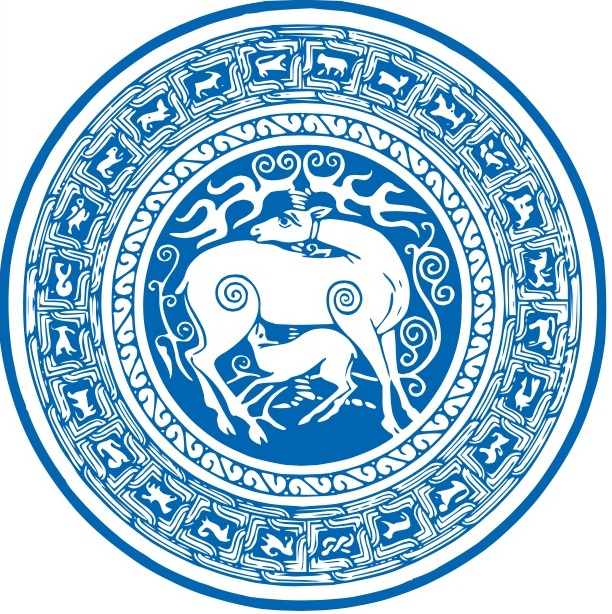 We are very pleased to announce the Tbilisi State University Winter School in Digital Philology funded by The Ministry of Education and Sciences of Georgia. The Winter school will be held on January 14-18, 2014 at TSU and will be addressed to Georgian MA and PhD students from Tbilisi, Kutaisi and Batumi.
We are very pleased to announce the Tbilisi State University Winter School in Digital Philology funded by The Ministry of Education and Sciences of Georgia. The Winter school will be held on January 14-18, 2014 at TSU and will be addressed to Georgian MA and PhD students from Tbilisi, Kutaisi and Batumi.
Winter School in Digital Philology
Irine Darchia (TSU)
Monica Berti and Simona Stoyanova (Chair of Digital Humanities at the University of Leipzig – Germany)
Aims of the Winter school: teaching the basics, the aims and goals, basic terms and methods of digital philology – one of the most important and crucial fields of contemporary humanities.
ECTS: 3 ECTS, 22 contact hours, 53 independent working hours (needed for homework)
Prerequisites: The MA and PhD students of the Faculties of Humanities of Tbilisi, Batumi and Kutaisi State Universities may participate in the Winter School. Priority will be given to the students of Classical Studies (Classical Philology, History, Ancient Languages and Civilizations etc.). The enrolled students should know English at least on B2 level.
Learning Outcomes: Knowledge and Understanding: The students will know: aims and goals, basic terms, notions and methods of digital philology; (methods of computer and corpus linguistics, XML, EpiDoc, linguistic annotations – Treebank, fragmentary texts etc.). Practical Skills: The students will apply the basic methods of digital philology in learning and research. Learning abilities: The students will be able to improve themselves their knowledge in digital philology.
Learning and Teaching Methods: The group will be consisted from 24 students. 22 lectures and seminars will be provided by Georgian and foreign lecturers. The following methods will be applied: group work, collaborative teaching, demonstrative, explanatory methods etc.
Assessment Criteria: Attendance and activities during the lectures: 30 % – Activities at the seminars: 30 % – Final Exam (Homework): 40 %
Assessment will be based on the following criteria: knowledge of the basics of digital philology, practical skills in digital humanities.
Obligatory Teaching Material:
http://www.fragmentarytexts.org/
http://demo.fragmentarytexts.org/
http://perseids.org/sites/berti_demo/
http://sites.tufts.edu/perseids/
http://sourceforge.net/p/epidoc/wiki/Home/
http://wiki.digitalclassicist.org/EpiDoc
http://www.stoa.org/epidoc/gl/latest/
http://nlp.perseus.tufts.edu/syntax/treebank/
http://www.cis.upenn.edu/~treebank/
Non Obligatory Teaching Material:
http://www.perseus.tufts.edu/hopper/
http://www.dh.uni-leipzig.de/wo/
Additional Information: The winter school is based on 5 credit elective interdisciplinary course Overview of Digital Philology conducted by Monica Berti and Simona Stoyanova at the University of Leipzig in Winter Semester of the academic year 2013-2014.
Syllabus
I Day – January 15
09.30-11.30: Irine Darchia, Introductory Remarks on Digital Philology
11.30-12.00: Coffee Break
12.00-14.00: Monica Berti, The Open Philology Project
14.00-15.00: Lunch
15.00-17.00: Monica Berti, Fragmentary Texts and the Leipzig Open Fragmentary Texts Series
II Day – January 16
09.30-11.30: Simona Stoyanova, Introduction to Digital Epigraphy (EpiDoc)
11.30-12.00: Coffee Break
12.00-14.00: Simona Stoyanova, Setting up Oxygen and Practice
14.00-15.00: Lunch
15.00-17.00: Monica Berti and Simona Stoyanova, Practice with Metadata Including the Digital Fragmenta Historicorum Graecorum (DFHG) Project
III Day – January 17
09.30-11.30: Monica Berti and Simona Stoyanova, Discuss Homework and Continue Practice
11.30-12.00: Coffee Break
12.00-14.00: Monica Berti and Simona Stoyanova, More Practice on Epigraphy and DFHG
14.00-15.00: Lunch
15.00-17.00: Monica Berti and Simona Stoyanova, Questions, Comments, and Feedback
IV Day – January 18
09.30-11.30: Monica Berti, Digital Philology Now and Tomorrow
11.30-12.00: Coffee Break
12.00-14.00: Irine Darchia
14.00-15.00: Lunch
Concluding remarks, Q & A
